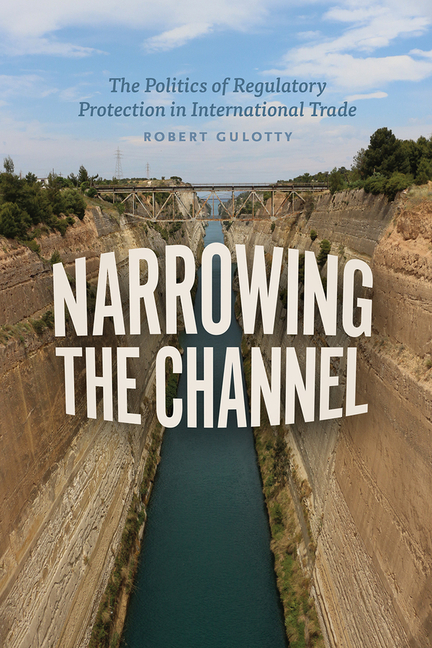
Narrowing the Channel: The Politics of Regulatory Protection in International Trade
"While large, multi-national corporations have supported the removal of tariffs, behind the scenes these firms have fought for protection in the form of product regulations-testing, labeling, and registration requirements. Unlike tariffs, these policies can raise fixed costs that tend to exclude smaller firms from the market and shift profits toward global giants.
| Quantity | Price | Discount |
|---|---|---|
| List Price | $32.50 |
Non-returnable discount pricing
$32.50
Book Information
| Publisher: | University of Chicago Press |
|---|---|
| Publish Date: | 03/20/2020 |
| Pages: | 240 |
| ISBN-13: | 9780226669366 |
| ISBN-10: | 022666936X |
| Language: | English |
Full Description
While large, multinational corporations have supported the removal of tariffs, behind the scenes these firms have fought for protection in the form of product regulations, including testing, labeling, and registration requirements. Unlike tariffs, these regulations can raise fixed costs, excluding smaller firms from the market and shifting profits toward global giants. Narrowing the Channel demonstrates that globalization and globalized firms can paradoxically hinder rather than foster economic cooperation as larger firms seek to protect their markets through often unnecessarily strict product regulations. To illustrate the problem of regulatory protectionism, Robert Gulotty offers an in-depth analysis of contemporary rulemaking in the United States and the European Union in the areas of health, safety, and environmental standards. He shows how large firms seek regulatory schemes that disproportionately disadvantage small firms. When multinationals are embedded in the local economy, governments too have an incentive to use these regulations to shift profits back home. Today, the key challenge to governing global trade is not how much trade occurs but who is allowed to participate, and this book shows that new rules will be needed to allow governments to widen the benefits of global commerce and avoid further inequality and market concentration.


